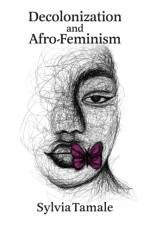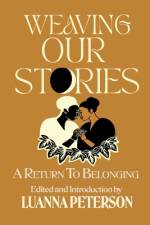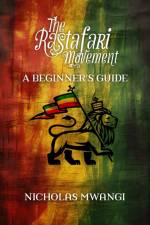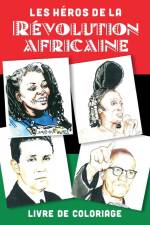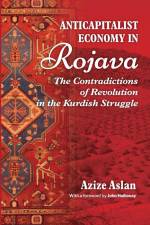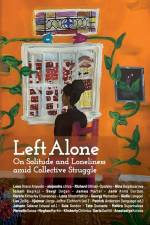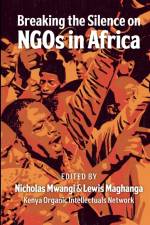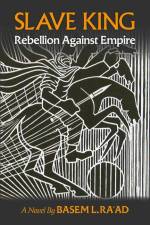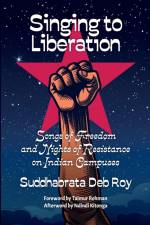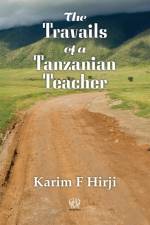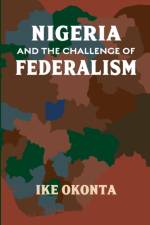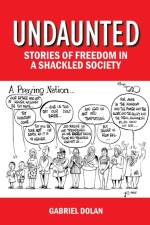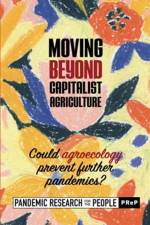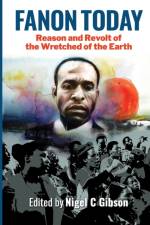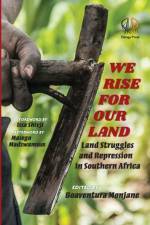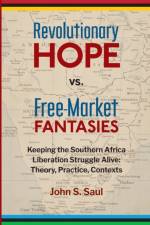von Karim F. Hirji
43,00 €
The key lessons we drew in the two earlier books in this series, Religion, Politics and Society (RPS 2022) and Religion, Eugenics, Science and Mathematics (RESM 2023), were: Historically, religions have supported and opposed injustice. No religion is more holy than any other. Conflict between religions is driven more by social, political and economic factors than scriptural differences. Morality can exist without religious belief, but science or secularism does not guarantee morality. The basic philosophy and approach of religion and science differ, yet they need not be socially antagonistic forces. Religion and secularism can coexist peacefully. Religions, secularism, and science can cooperate to counter the damage wrought on our planet by profit- driven neoliberal capitalism and hyper-consumerism. RPS (2022) also presents a schema to promote joint, morally ennobling engagement between the varied faith traditions and between religions and secular forces. Its tenets are:Declaration of spiritual equality, demarcation of common ethical principles, separation of religion and state, demarcation of the roles of religion and science in education, freedom of dress, fostering principled tolerance, acceptance of faith-based conversions, promotion of gender equality, non-discrimination over sexual preference, and regular joint celebrations and interfaith prayers. (RPS 2022).These tenets were augmented in RESM (2023) by asserting the fundamental right of religions and science to exist and freely propagate themselves. Yet, at the same time, I suggested that scientists should be free to criticize religion and that people of faith should be free to criticize science. Religion should not intrude into public policy and education. Scientific and Aa. People of science, religion, and secularism should abide by the highest standards of morality to promote human flourishing and planetary welfare. Only the combined force of common people, religious and secular, stretching across nations and firmly committed to social and economic justice, promises the hope of attaining a humane, tolerant social order. (RESM 2023). The coronavirus pandemic dramatically transformed people-to-people interactions in families, communities, work, and educational places. Public social gatherings were curtailed, relatives did not visit one another, teachers kept a distance from their students, classes were held online, employees worked from home, recreational travel plummeted, supermarkets opened on a restricted entry basis, and so on. Washing hands, social distancing, and mask-wearing became the norm in public venues. International relationships and religious practices were affected drastically as well.The main objective of this book is to examine how religions and people of faith were affected by the coronavirus pandemic and how their reactions altered its course. We also assess the validity of the above-noted conclusions drawn in RPS (2022) and RESM (2023) for the coronavirus pandemic. In particular, we ponder on the following queries:Question 1: How did the coronavirus pandemic evolve in selected nations? Question 2: Was religious belief an obstacle or a positive factor in understanding the scientific basis of the coronavirus pandemic? Question 3: Did religious institutions, leaders and laity facilitate or block the implementation of the official pandemic control measures? Question 4:Was the role played by religion in the coronavirus pandemic affected by historical, social, economic, and political factors? Question 5: How did secularism operate in the coronavirus pandemic? Question 6: Did the coronavirus pandemic enhance or undermine religiosity? We explore these queries in relation to the four major faiths (Christianity, Islam, Hinduism, Buddhism), some minor religions, and secularism.

